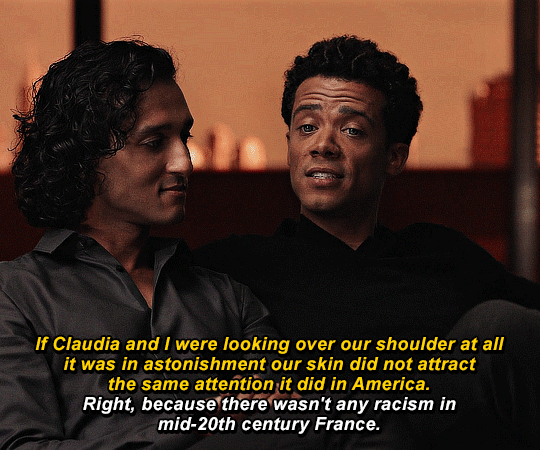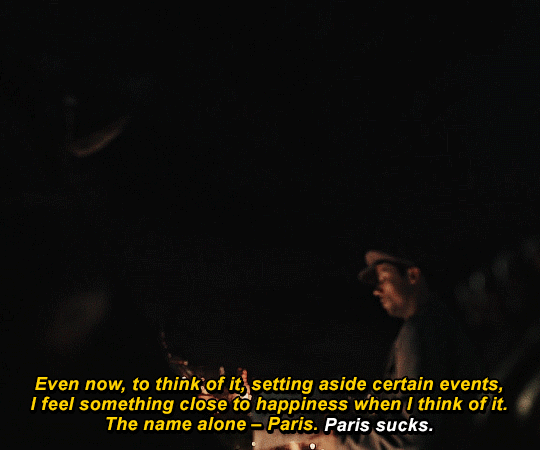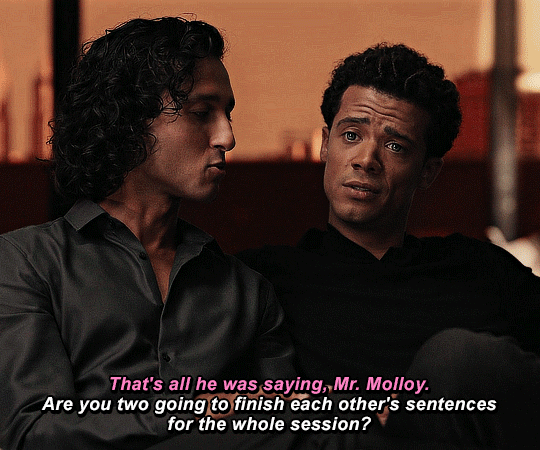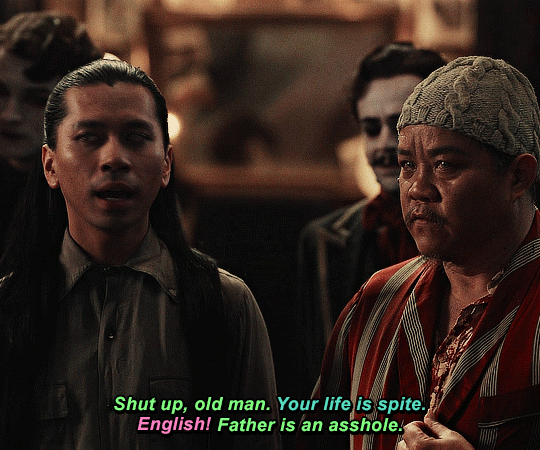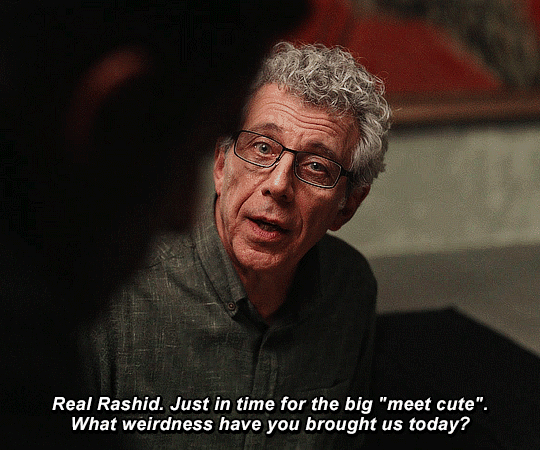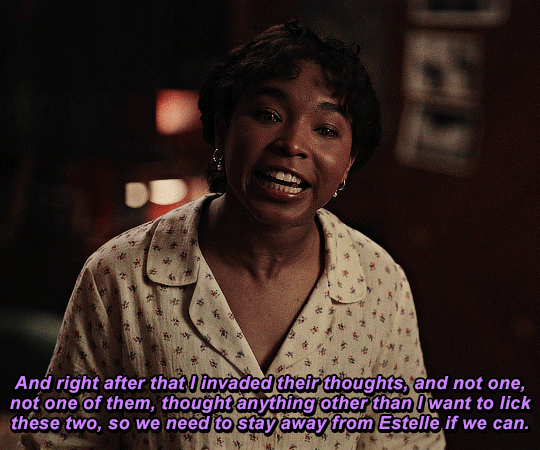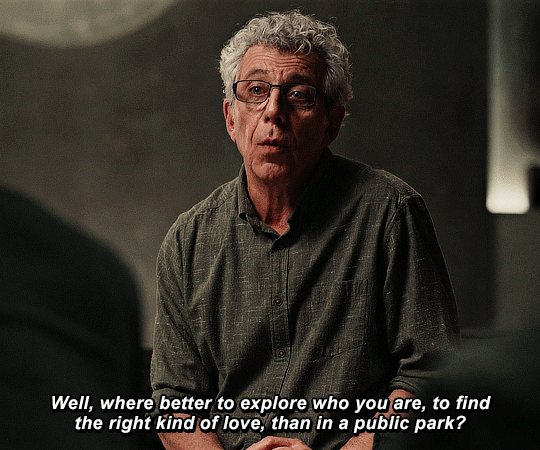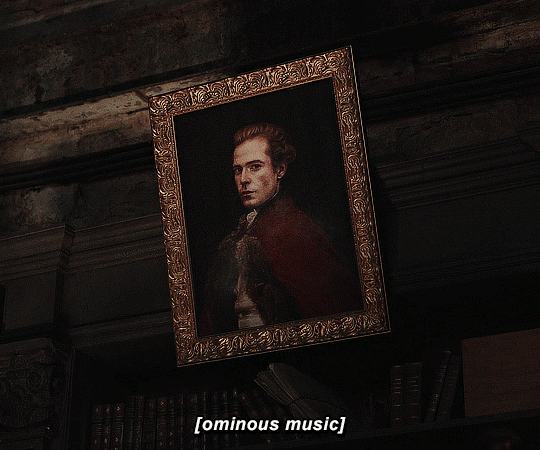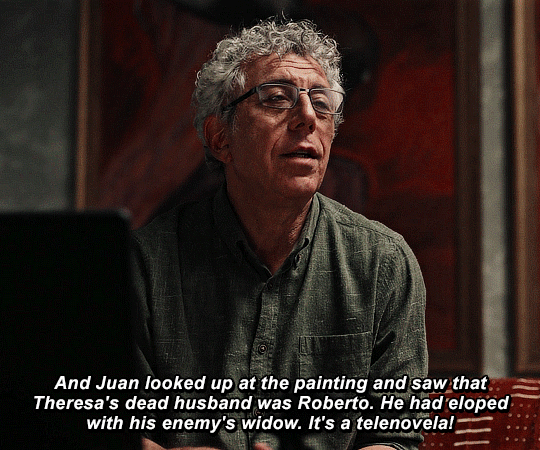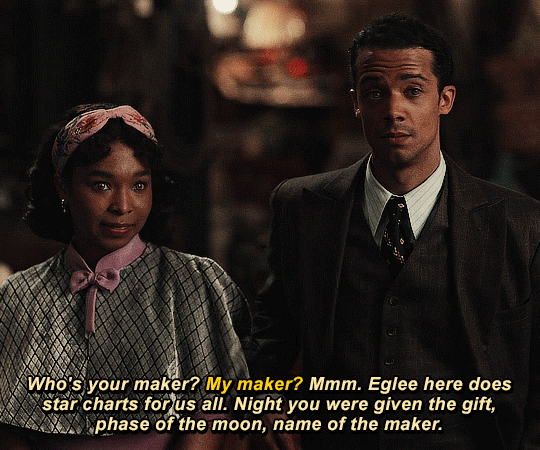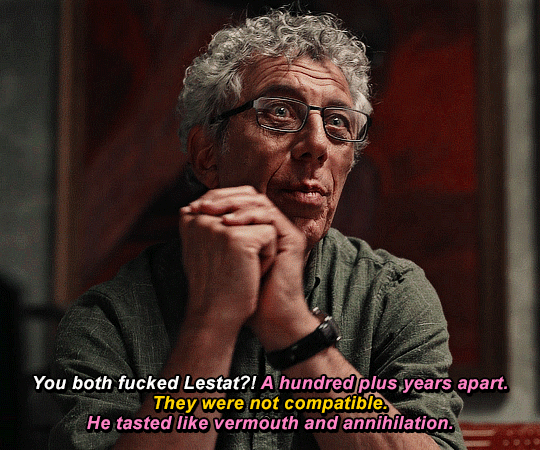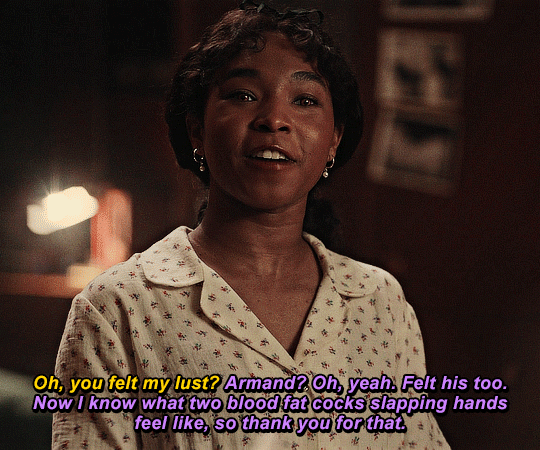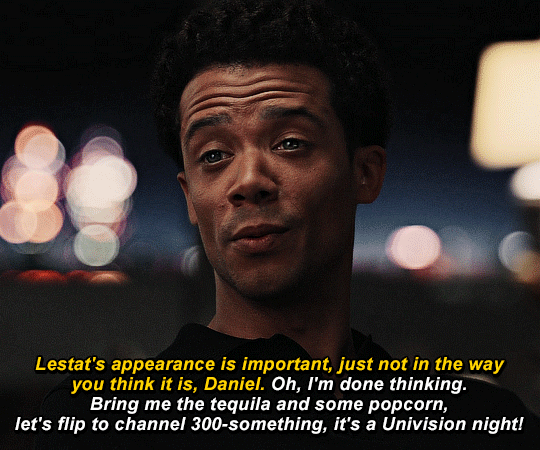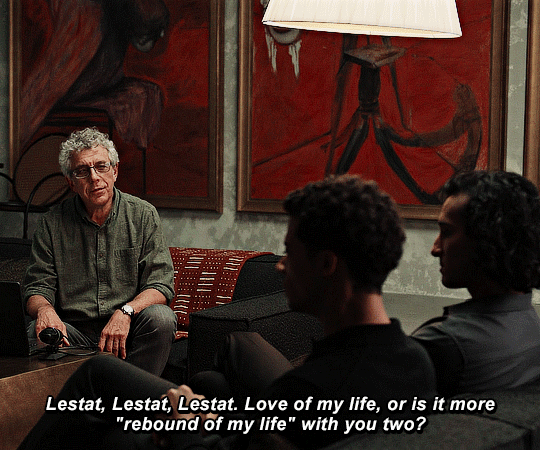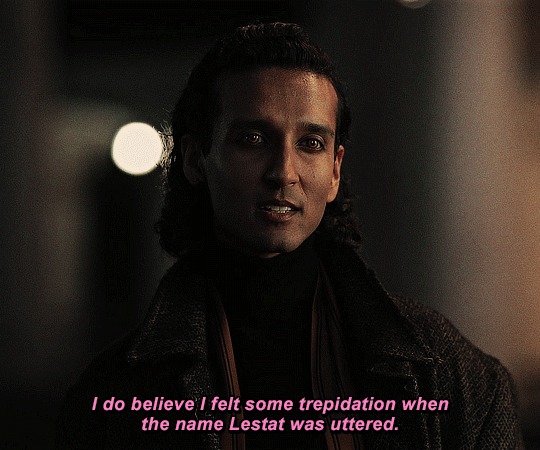Text
the statement itself was so good too like it was like that post that said "tma listeners listen to tmagp like a wine taster" bc i kept going "oh it's definitely the lonely but it has strong elements of the spiral and corruption"
736 notes
·
View notes
Note

The Rainbow Swash, Boston, Massachusetts, USA. (Driving by it counts.)
259 notes
·
View notes
Text
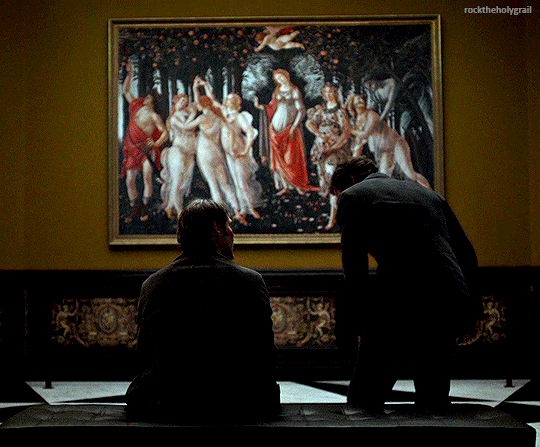
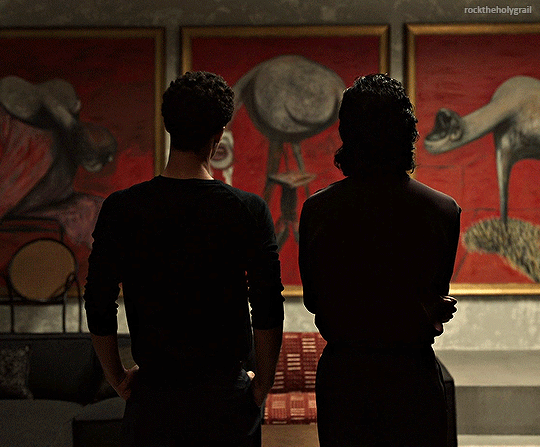
Hannibal (2013-2015)
Interview with the Vampire (2022-)
736 notes
·
View notes
Text
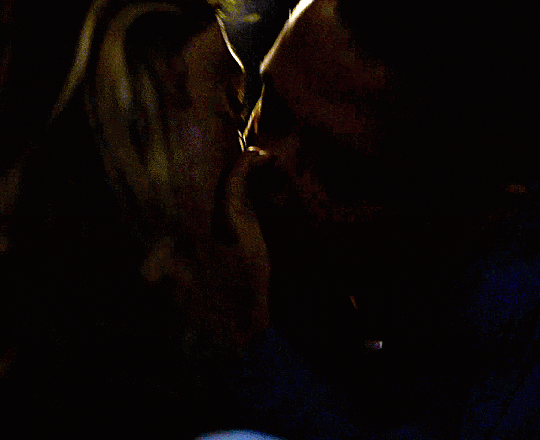

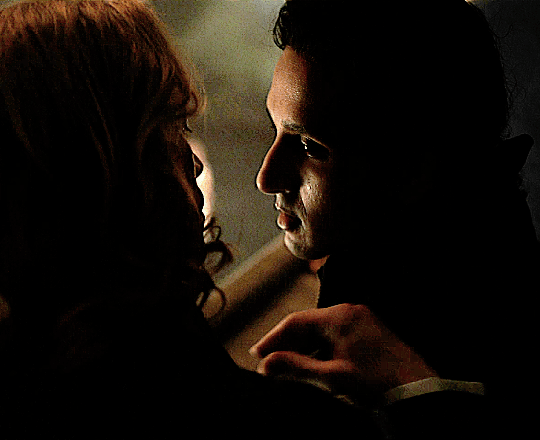
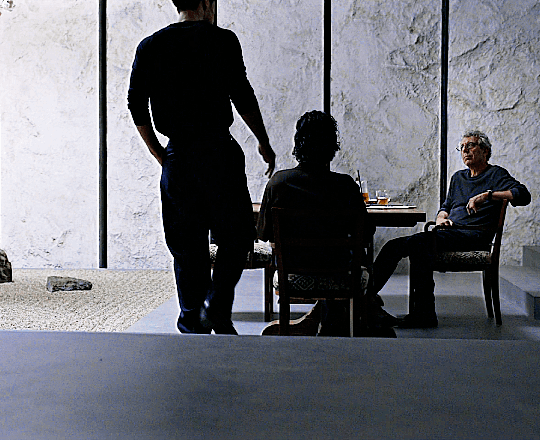
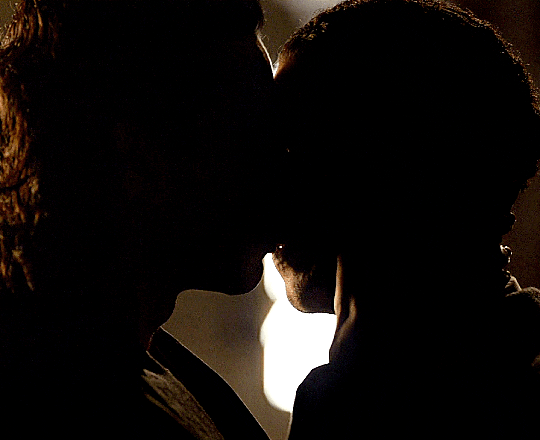
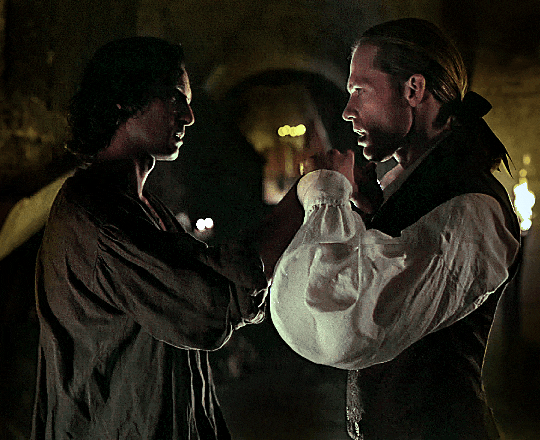
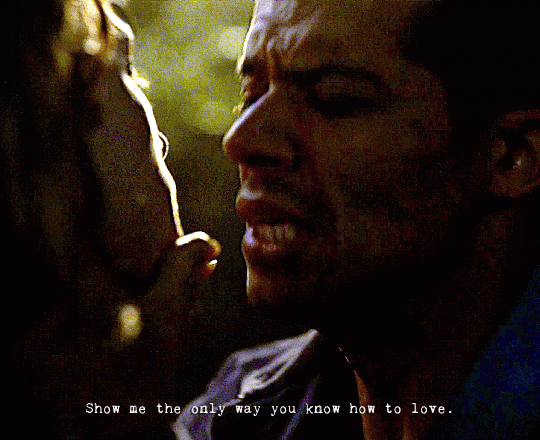
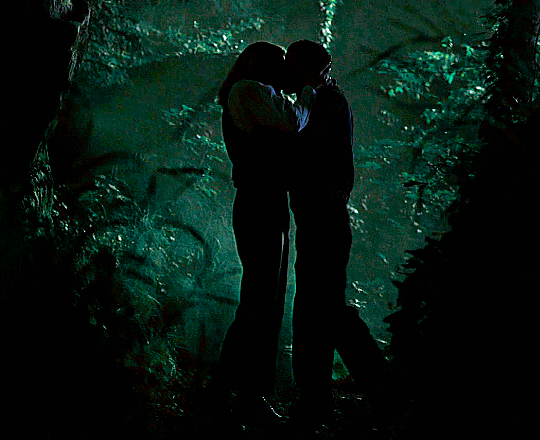
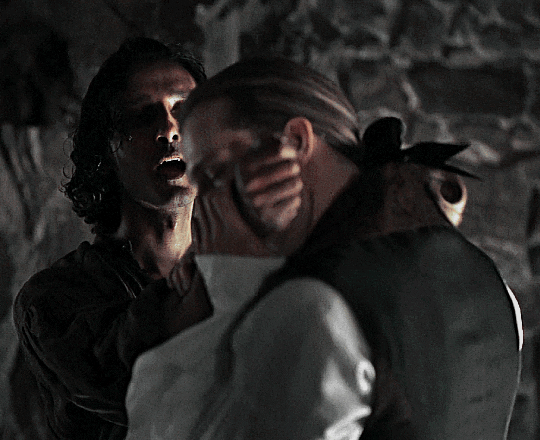
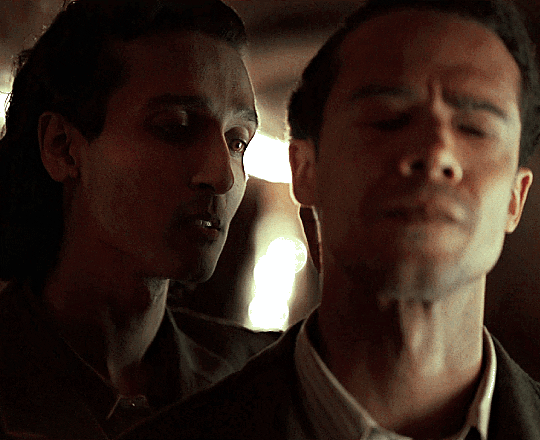
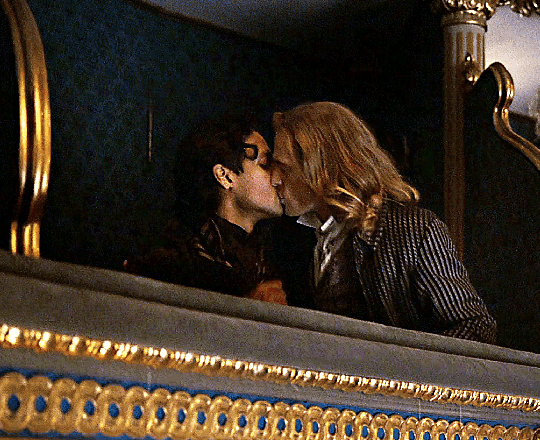
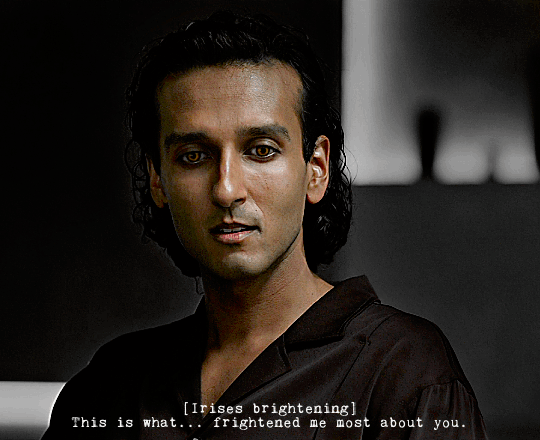
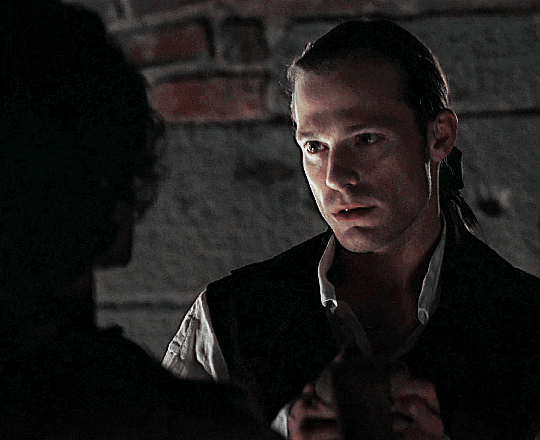
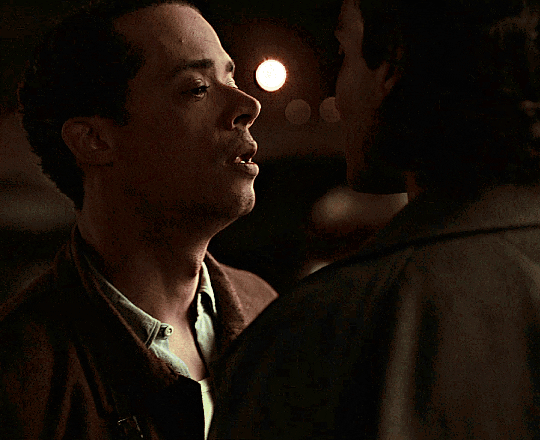


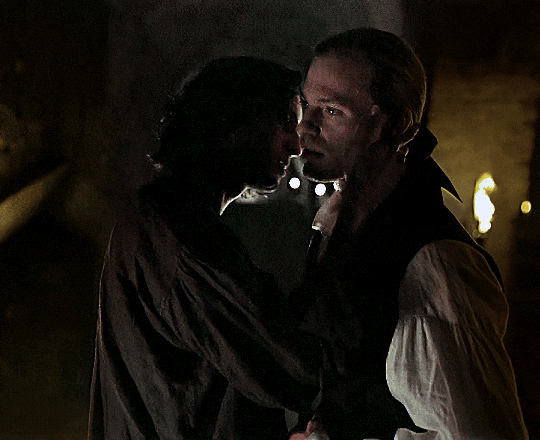
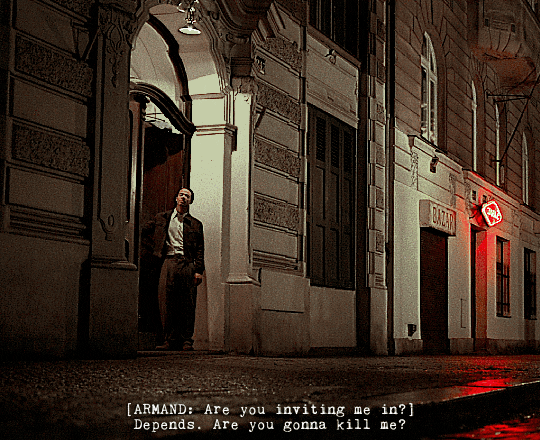
INTERVIEW WITH THE VAMPIRE | 2x03 No Pain
Jacob Anderson as LOUIS DE POINTE DU LAC
Assad Zaman as ARMAND
Sam Reid as LESTAT DE LIONCOURT
475 notes
·
View notes
Text
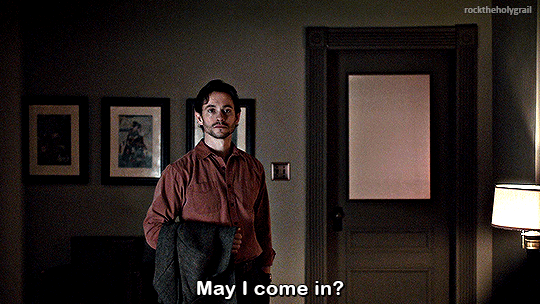
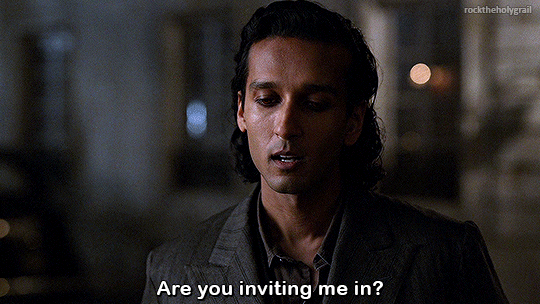
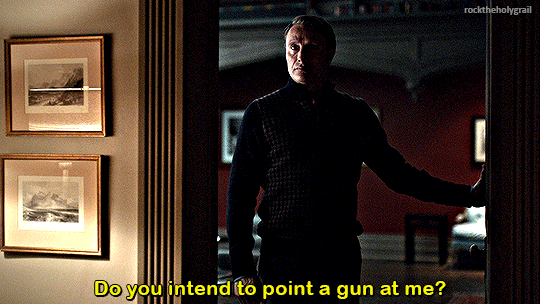
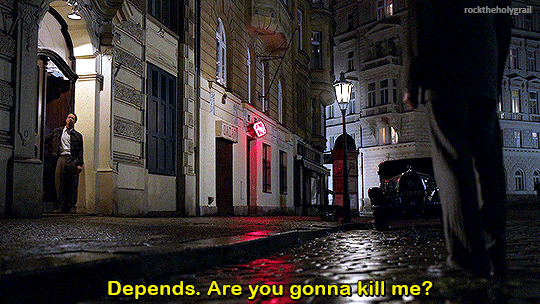
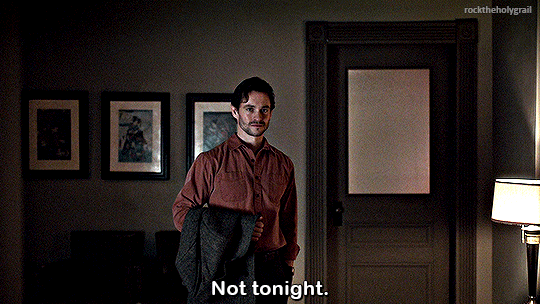
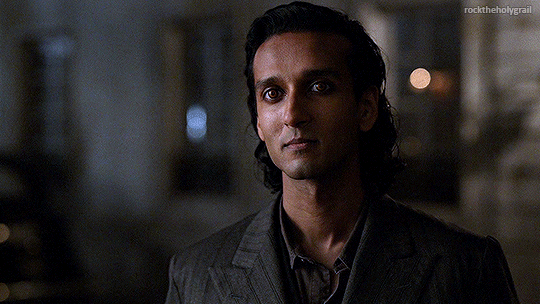
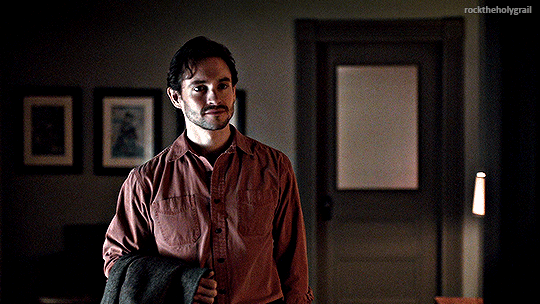
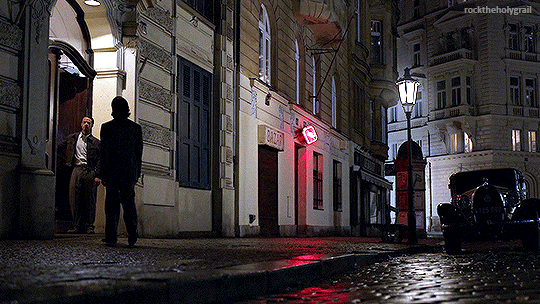
Hannibal (2013-2015)
Interview with the Vampire (2022-)
1K notes
·
View notes
Text
nooooo i loved the wolf interlude
I saw three houses by Dave Malloy twice, once on the 5th and last night, and they cut some stuff: (spoilers)
The wolf interlude between second house and third house is gone
some dialogue lines from the third house are gone
The “what big eyes you have” part of the grandparents song at the end was cut from the song
11 notes
·
View notes
Text


Wake up babe, new AU Patient-Receptionist of your two favorite blorbos just dropped!
4K notes
·
View notes
Text
Hey, fandom, maybe stop referring to African-American Vernacular English as 'influencer speak' or 'internet slang'? :/
Alexander J. Newell gets a pass for writing a character who mangles it, because it was done for cringe effect with what I imagined as a white influencer character who's appropriating the language. But AAVE is a real dialect with proper grammar rules, and it's not just meme-speak. (Also this is a good opportunity to point out that white people shouldn't be using it as everyday slang at all.)
244 notes
·
View notes
Text
The true horror was youtube apologies and the misuse of aave and queer slang
498 notes
·
View notes
Text
Never taking this podcast seriously after they drop a 'bruh.mp3' mid statement
374 notes
·
View notes
Text
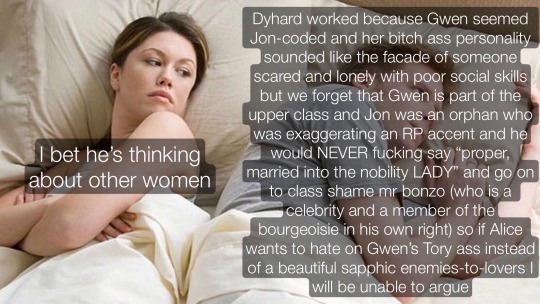
Gwendolyn Bouchard how could you do this (the signs were all there I just ignored them)
2K notes
·
View notes
Text
wow, tmap 16 was a really hard listen. a real fight to get through at times. well played.
8 notes
·
View notes
Text
i listen to an artist’s music very slowly, one album at a time, over the course of many years. so i finally listen the the bifrost incident and OH MY GOD????? THAT ALBUM IS SO FUCKING GOOD????? AND I WENT 3 YEARS LISTENING TO THE MECHS AND NEVER TRIED THAT ALBUM????? AHHHHHHHHH
86 notes
·
View notes
Text
Holy shit. The Israeli whistleblower story CNN just broke is insane. I cannot believe what I’m reading
74K notes
·
View notes
Note
What’s your opinion on the contrast between “silly” and “serious” spaces? Do you think people can have very serious interpretations about a genuine piece of media and also be goofy about it? I’m asking this particularly because I’ve seen people in the Magnus podcast fandoms fight about people “misinterpreting” characters you, Alex, and the many other authors have written. Are you okay with the blorbofication or do you really wish the media you’ve written would be “taken seriously” 100% of the time?
And follow up question, what do you think about the whole “it’s up to the reader (or in some cases, listener) to make their own conclusions and interpretations and that does not make them wrong”, versus the “it was written this way because the author intended it this way, and we should respect that” argument?
This is a question I've given a lot of thought over the years, to the point where I don't know how much I can respond without it becoming a literal essay. But I'll try.
My main principle for this stuff boils roughly down to: "The only incorrect way to respond to art is to try and police the responses of others." Art is an intensely subjective, personal thing, and I think a lot of online spaces that engage with media are somewhat antithetical to what is, to me, a key part of it, which is sitting alone with your response to a story, a character, a scene or an image and allowing yourself to explore it's effect on you. To feel your feelings and think about them in relation to the text.
Now, this is not to say that jokes and goofiness about a piece of art aren't fucking great. I love to watch The Thing and drink in the vibes or arctic desolation and paranoia, or think about the picture it paints of masculinity as a sublimely lonely thing where the most terrible threat is that of an imposed, alien intimacy. And that actually makes me laugh even more the jokey shitpost "Do you think the guys in The Thing ever explored each other's bodies? Yeah but watch out". Silly and serious don't have to be in opposition, and I often find the best jokes about a piece of media come from those who have really engaged with it.
And in terms of interpreting characters? Interpreting and responding to fictional characters is one of the key functions of stories. They're not real people, there is no objective truth to who they are or what they do or why they do it. They are artificial constructs and the life they are given is given by you, the reader/listener/viewer, etc. Your interpetation of them can't be wrong, because your interpretation of them is all that there is, they have no existence outside of that.
And obviously your interpretation will be different to other people's, because your brain, your life, your associations - the building blocks from which the voices you hear on a podcast become realised people in your mind - are entirely your own. Thus you cannot say anyone else's is wrong. You can say "That's not how it came across to me" or "I have a very different reading of that character", but that's it. I suppose if someone is fundamentally missing something (like saying "x character would never use violence" when x character strangles a man to death in chapter 4) you could say "I think that's a significant misreading of the text", but that's only to be reserved for if you have the evidence to back it up and are feeling really savage.
I think this is one of the things that saddens me a bit about some aspects of fandom culture - it has a tendency to police or standardise responses or interpretations, turning them from personal experiences to be explored into public takes to be argued over. It also has the occasional moralistic strain, and if there's one thing I wish I could carve in stone on every fan space it's that Your Responses to a Piece of Art Carry No Intrinsic Moral Weight.
As for authorial intention, that's a simpler one: who gives a shit? Even the author doesn't know their own intentions half the time. There is intentionality there, of course, but often it's a chaotic and shifting mix of theme and story and character which rarely sticks in the mind in the exact form it had during writing. If you ask me what my intention was in a scene from five years ago, I'll give you an answer, but it will be my own current interpretation of a half-remembered thing, altered and warped by my own changing relationship to the work and five years of consideration and change within myself. Or I might not remember at all and just have a guess. And I'm a best case scenario because I'm still alive. Thinking about a writers possible or stated intentions is interesting and can often lead to some compelling discussion or examination, but to try and hold it up as any sort of "truth" is, to my mind, deeply misguided.
Authorial statements can provide interesting context to a work, or suggest possible readings, but they have no actual transformative effect on the text. If an author says of a book that they always imagined y character being black, despite it never being mentioned in the text, that's interesting - what happens if we read that character as black? How does it change our responses to the that character actions and position? How does it affect the wider themes and story? It doesn't, however, actually make y character black because in the text itself their race remains nonspecific. The author lost the ability to make that change the moment it was published. It's not solely theirs anymore.
So yeah, that was a fuckin essay. In conclusion, serious and silly are both good, but serious does not mean yelling at other people about "misinterpretations", it means sitting with your personal explorations of a piece of art. All interpretations are valid unless they've legitimately missed a major part of the text (and even then they're still valid interpretations of whatever incomplete or odd version of the text exists inside that person's brain). Authorial intent is interesting to think about but ultimately unknowable, untrustworthy and certainly not a source of truth. Phew.
Oh, and blorbofication is fine, though it does to my mind sometimes pair with a certain shallowness to one's exploration of the work in question.
2K notes
·
View notes
